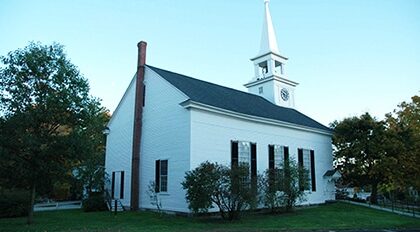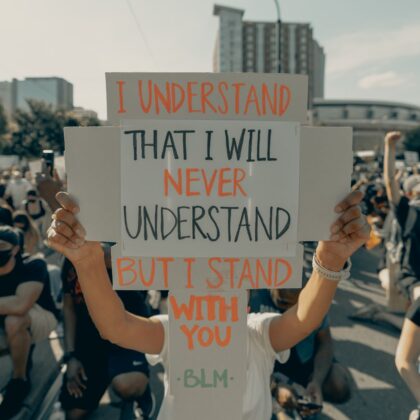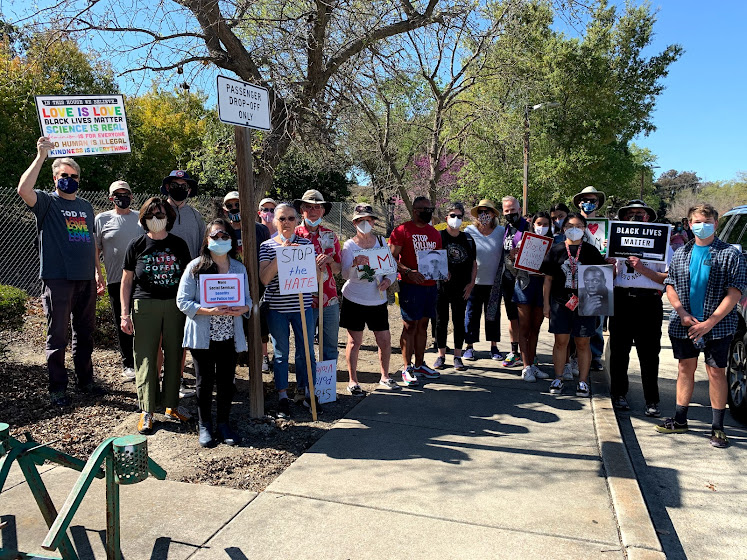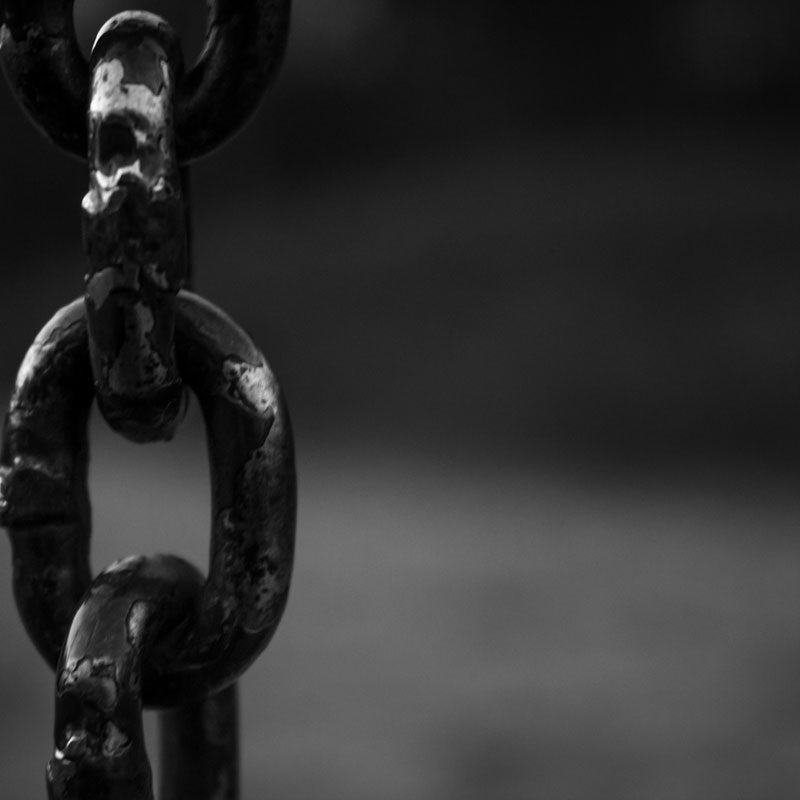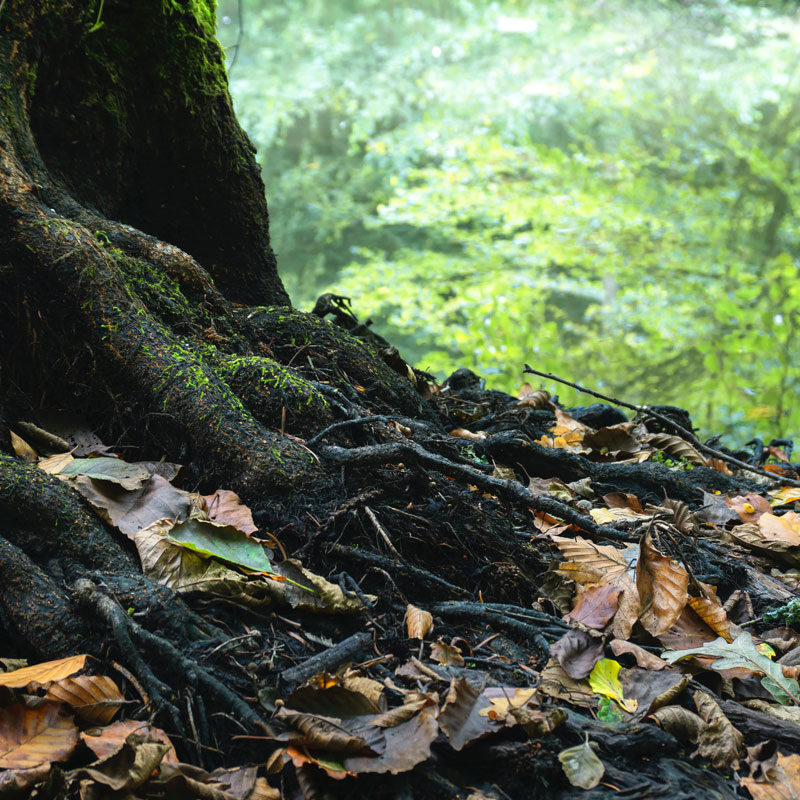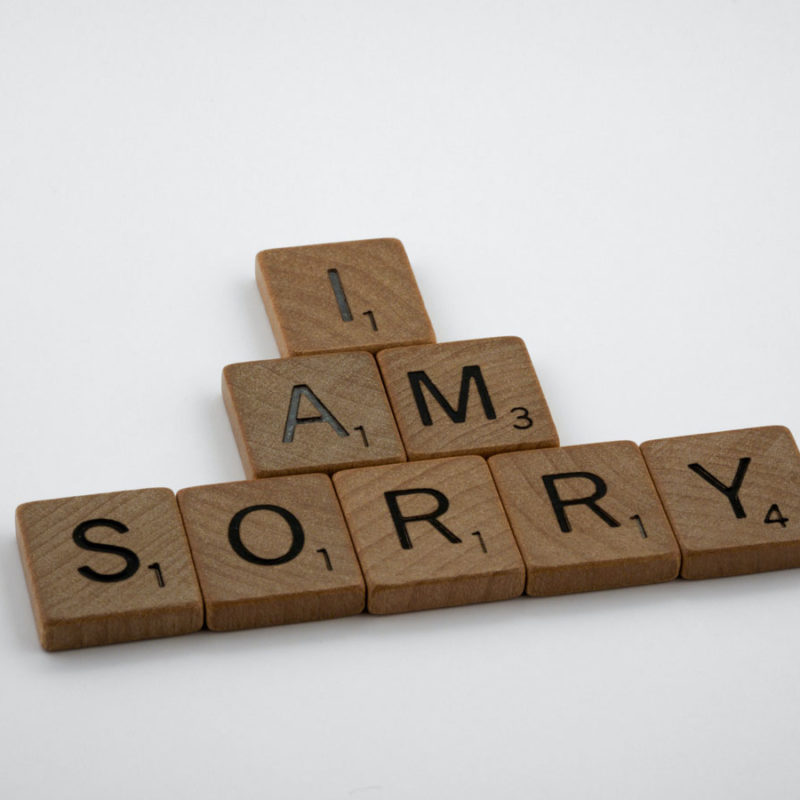“If you are neutral in situations of injustice, you have chosen the side of the oppressor.” – Desmond Tutu
Too often throughout history we see people of faith complacent and complicit in the face of racism. It seems clear that our church community should have felt called to confront racism before George Floyd. How could it take such gruesome and violent cruelty, videoed for all to see, to make us care enough to dig deeper?
Perhaps we did care and some in our congregation were already vigorous in their commitment to active anti-racism. But most of our congregation felt “called” following the death of Mr. Floyd. We felt compelled to act and to commit to a condemnation of racism.
Our pastor felt the call strongly and reached out to the Diaconate. Two of us teamed up with him and began to assemble a team of other deacons.
But where to start? We as a team could not lead as we, with every new educational experience, felt our own bias and our own blindness. We understood that we should immerse ourselves in the plethora of information and guidance offered by those with lived experience; we needed outside support as we were in no way ready to challenge our church community when we were novices in our ability to call people out, to call people in. We were afraid.
We asked for, and received, help from key church members who had been active in racial justice for some time. We used ourselves as examples as we called out racism within us. “I thought that dating a black man in college showed that I was not racist, but here is what I came to understand …” By sharing our vulnerability, we gained some permission to address white fragility when it showed up, as it always did!
After six months of educating ourselves about racism and white privilege, we took the message to the congregation. The NH UCC Racial Justice Mission Group offered a starting place as we structured a series of programs, which because of the pandemic we conducted entirely on Zoom. We used video programs, podcasts, feature films, live presentations and panel discussions, and books to engage the congregation in discussions about the history of racism in this country and then, gradually, about our own bias.
A key technique was the use of small, facilitated groups for discussion of the educational materials. Again, we asked for some outside assistance to guide our discussions early on. And we decided to use co-facilitators: having two facilitators in each discussion group allowed facilitators to call each other out in front of congregants and to catch more of their responses, both verbal and nonverbal!
We chose to mix modalities and vary accessibility. We used the combination of podcasts, books, movies, speakers, and support conversations. Most of our programs aired on Wednesdays, but we balanced that with programs on Sundays after church and other times during the week. We attempted to leave no reason that all could not participate in some way.
As a church, through Covid, we immersed ourselves in the truth, both past and present, about race and about racism. We found racism in ourselves and in every system around us. It was like looking at one of those pixel pictures…you stare at it long enough, drop your expectations and “voila,” you see a dolphin jumping out of the picture towards you! Every book, video, podcast, and challenging conversation brought our church into a truth we could not ignore.
On June 6, 2021 our church community voted, with a greater than 2/3 margin, to become a Racial Justice Church. We were so excited and hopeful. We thought, “Here we go!!!”
Then, just a couple of weeks following the vote, our minister of 21 years, who had truly made way for the path to our commitment to be a Racial Justice Church, announced he was leaving. We reeled. Would our commitment to the Racial Justice Covenant that we had submitted to the NH UCC Racial Justice Mission Team remain alive and forward moving?
After all we had learned and all the ways we had grown, we knew that we had to move forward. The path being made more difficult didn’t change the truth. BIPOC living with the weight of racism every day for hundreds of years have never had the option to take a break from racial injustice. As people of faith, we had to confront injustice and oppression in all forms as we sought to live into the grace of our faith. We recognized that the covenant we made had to be ever forward moving:
“We, the members of the First Congregational Church of Hopkinton, NH, United Church of Christ, covenant to become a Racial Justice Church and to engage in an ongoing process of being: Learners, in a community of mutual accountability, about slavery, white privilege, implicit bias and all aspects of racism in our midst; Witnesses and Interrupters of the continued cycle of racism; and Allies with People of Color in challenging race-based injustice in all its manifestations.”
As we now live into our commitment to being a Racial Justice Church, we focus our work on education related to being allies and interrupters. We are assessing the white-centeredness of our church, its policies, practices, budgets, and messaging. We aspire to make it clear that all are welcome, and that all are represented in the practices and activities of our church community. We have plans to host the Sacred Ally Quilts Mission in October and have reached out to the local school’s outreach program and neighboring churches to create a community opportunity.
These are some examples of the changes we have made thus far: we engaged in an offering of lament and education on Juneteenth; we have changed our mission giving to reflect our concern with Racial Justice; we are working with our Christian Education Board to choose a new children’s Bible reflecting a brown Jesus; we have added children’s books representing the awesome diversity of our nation; we have asked our Music and Arts Board to diversify the representation of black and brown artists in their offerings. We are working with our sign committee to assure that our identification as a Racial Justice and Open and Affirming church is clearly represented in our new sign. Likewise, we will be improving the clarity of our covenant on our website, newsletter, and bulletin.
We pray that we look back each year and see real evidence of the ways our church community has remained committed to and active in our Racial Justice covenant. There are still those in our church community who do not feel comfortable with our being a Racial Justice Church. Some folks left our church because of the vote. The common argument is that “We are getting too political.” We have a cultural challenge to overcome as our church community comes to understand that being a Racial Justice Church is an active, not a passive, commitment. Jesus asked that we give to God what is God’s and leave for Caesar what is Caesar’s. Soon thereafter he flipped some tables to make his point.
Learn More
- Check out First Congregational Church of Hopkinton’s full Covenant.
- Explore their extensive Resource List.
- See how they are continuing to live out their commitments with their Strategic Plan.
Questions for Reflection
- What have been the catalyst moments that drew you to make or renew your commitment to the movement toward racial justice?
- What challenges/energizes you about being an interrupter of racial harm?
- If you mapped your antiracism journey, what would it look like?
- Where are you finding companions and communities to help hold, extend and deepen your racial justice work?
Prayer
from enfleshed
Holy One, our Guide and Journey Companion, though we may be quick to pray for your justice to roll down like waters, we can be slow to accept what that may require of us.
We struggle – is justice sweeter than security, than survival, than power, or comfort?
…On this day, and always, wherever white supremacy rears its ugly, evil head, in rallies, in words, in norms, in prayers, in institutions, in relationships, let nothing take precedence over our commitment to Love – Love that overturns evil, Love that protects, Love that lays down its life for its friends, Love that acts in solidarity, Love that refuses to compromise on the belovedness of your people, Love that confronts, Love that heals, Love that looks inward, Love that shuts down hatred.
May our prayers for your justice be enfleshed in our minds, our bodies, our hearts, our commitments. Amen.
For full prayer, see: https://enfleshed.com/liturgy/addressing-white-supremacy/
SHARE THIS STORY
